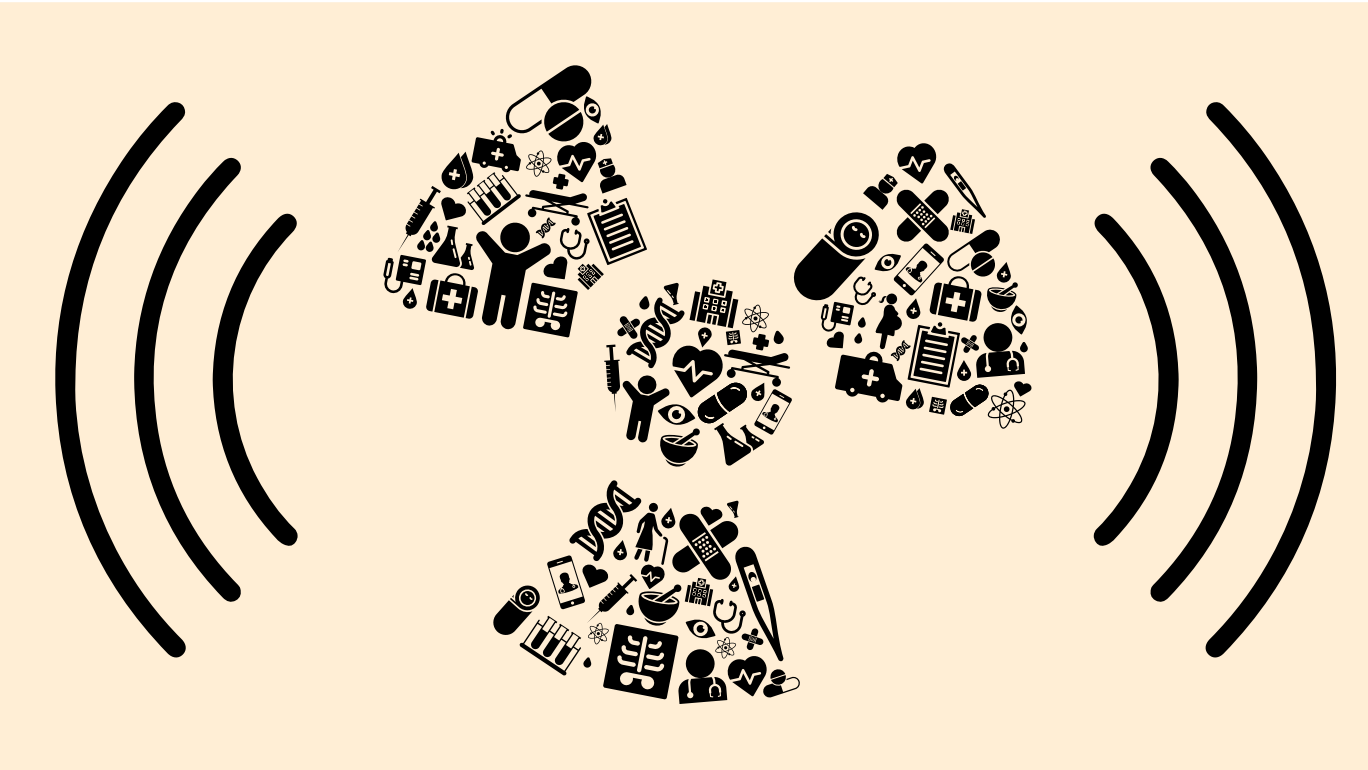
An illustration from the World Health Organization's (WHO) latest report on national stockpiles for radiological and nuclear emergencies released on January 27, 2023. /WHO
An illustration from the World Health Organization's (WHO) latest report on national stockpiles for radiological and nuclear emergencies released on January 27, 2023. /WHO
The World Health Organization (WHO) on Friday updated the list of medicines that should be stockpiled to "prevent or reduce exposure to radiation or treat injuries" once exposed to radiation.
It is the first time the organization has updated the list since 2007, with a report reflecting data and research on the development of radiation emergency medicine in the last decade.
Typically, a national stockpile for all-hazards health emergencies should also include generic supplies, personal protective equipment (PPE) and special devices, but the latest publication only addresses specific drugs that are deemed "essential," yet according to the WHO, many countries still lack them.
"In radiation emergencies, people may be exposed to radiation at doses ranging from negligible to life-threatening," Director of the WHO's Department of Public Health and Environment Maria Neira said in a statement.
Neira said it is important for nations and governments to have "ready supplies of lifesaving medicines that will reduce risks and treat injuries from radiation."
According to the WHO's list, a typical radiation emergency stockpile should include:
· Stable iodine for reducing thyroid exposure to radioactive iodine:
· Chelating agents for removing radionuclides from the body
· Cytokines for preventing bone marrow damage
· Other medicines to treat vomiting, diarrhea and infections.